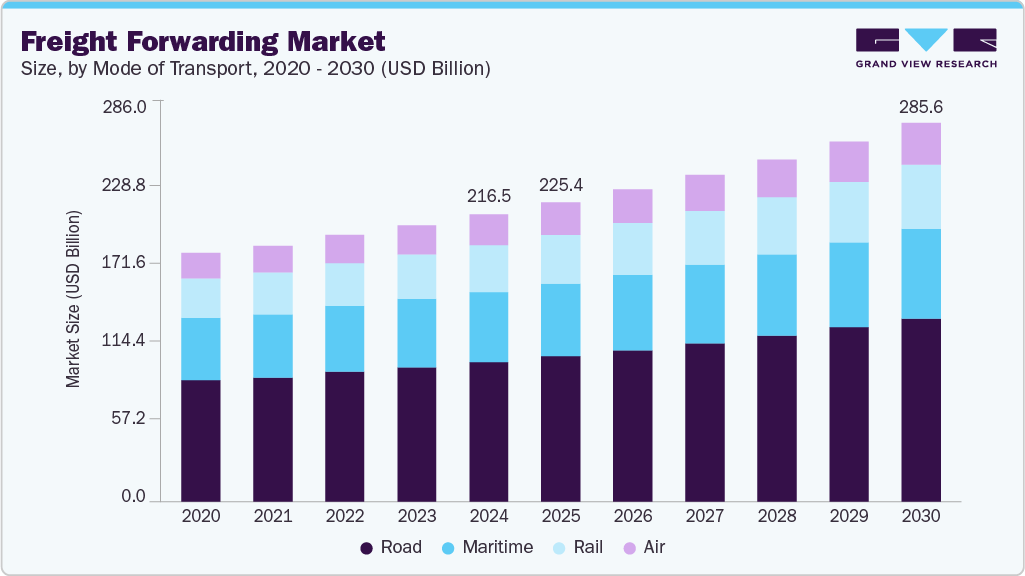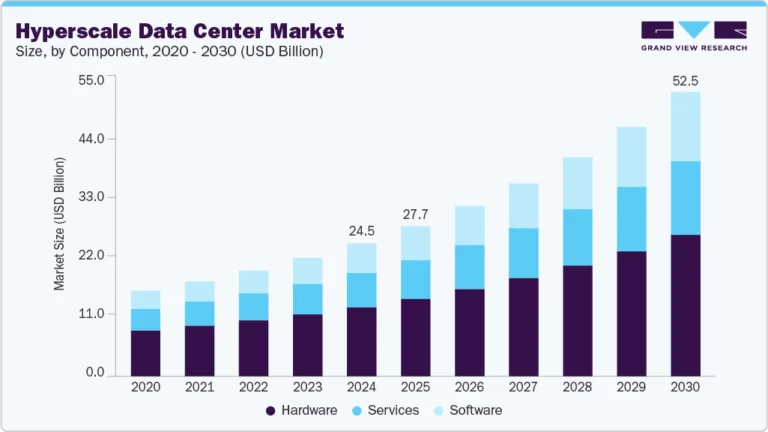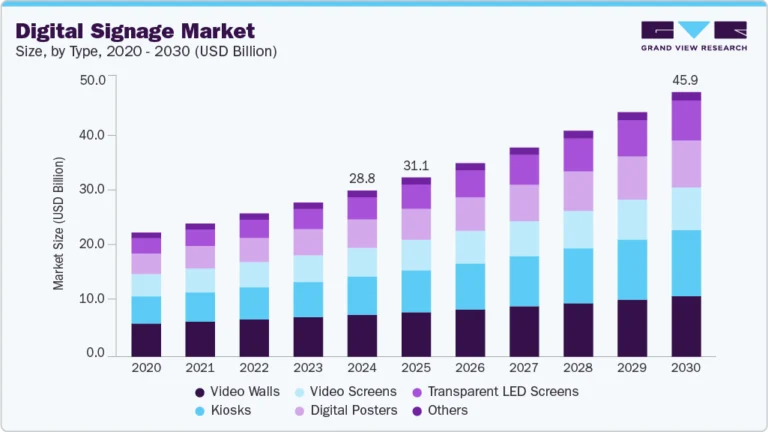Freight Forwarding Market Size, Share & Trends Analysis growing at a CAGR of 4.9% from 2025 to 2030

The global freight forwarding market size was estimated at USD 216.47 billion in 2024 and is projected to reach USD 285.60 billion by 2030, growing at a CAGR of 4.9% from 2025 to 2030. Globalization has played a central role in propelling the growth of the market.
Key Market Trends & Insights
- Asia Pacific freight forwarding market led the global market with a revenue share of 31.8% in 2024.
- The rapid expansion of e-commerce in India freight forwarding market.
- By mode of transport, the road segment dominated the overall market with a revenue share of 48.5% in 2024.
- By customer type, the B2B segment dominated with a revenue share of 55.1% in 2024.
- Based on service, the transportation & warehousing segment held a dominant position in 2024 and is anticipated to reach a CAGR of 5.2%.
Market Size & Forecast
- 2024 Market Size: USD 216.47 Billion
- 2030 Projected Market Size: USD 285.60 Billion
- CAGR (2025-2030): 4.9%
- Asia Pacific: Largest market in 2024
Request a free sample copy or view report summary: https://www.grandviewresearch.com/industry-analysis/freight-forwarding-market-report/request/rs1
As businesses increasingly expand their operations beyond their domestic borders and engage in international trade, the demand for efficient and dependable freight forwarding services has experienced a substantial upswing. This surge in demand is primarily attributed to companies actively sourcing raw materials, components, and finished products from various countries while simultaneously selling their goods to a global customer base. This global expansion and integration of business activities necessitate the specialized knowledge and services freight forwarders offer to manage the intricate logistics inherent in global trade effectively.
As businesses venture into the global marketplace, they encounter many logistical challenges and complexities. These complexities stem from varying regulations, customs procedures, transport modes, and geographic distances in international commerce. To navigate these challenges successfully, companies require the expertise and support of freight forwarders who understand the intricacies of international logistics. Freight forwarders serve as intermediaries between businesses and the various entities involved in transporting and delivering goods, including shipping lines, airlines, trucking companies, customs authorities, and more.
The rapid expansion of e-commerce has also profoundly impacted the market’s growth. Online retail and digital marketplaces have experienced significant growth as consumers increasingly prefer to shop online, transforming how products are sourced and sold. This shift towards digital commerce often involves international trade, which presents intricate supply chain logistics challenges that are met by freight forwarders. Online retailers and e-commerce platforms rely heavily on freight forwarders to efficiently move goods from manufacturers, often located in different countries, to consumers spread across the globe. This reliance on specialized logistics companies has become a hallmark of the e-commerce supply chain.






